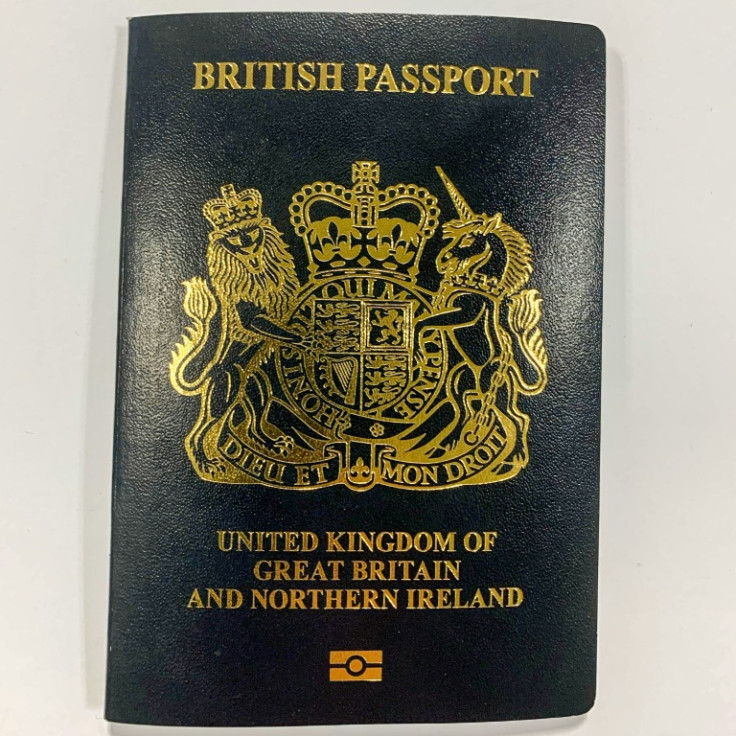UK To Launch Digital ID Scheme To Curb Illegal Migration

UK Prime Minister Keir Starmer on Friday announced plans for a new nationwide digital ID in a bid to curb illegal migration, but the move faces strong opposition in a country that has long resisted identity cards.
The new digital ID will be held on people's phones and there will be no requirement for individuals to carry or be asked to produce it, the government said.
However, it will be "mandatory as a means of proving your right to work", a statement said.
"Let me spell it out, you will not be able to work in the United Kingdom if you do not have digital ID," Starmer said during a speech Friday.
"It's as simple as that, because decent, pragmatic, fair-minded people, they want us to tackle the issues that they see around them."
The government, which hopes to introduce the ID by the end of the current parliament in 2029, said the drive would also make it simpler to apply for services like driving licences, childcare and welfare, while streamlining access to tax records.
The announcement comes as the governing Labour party prepares to hold its annual conference, with Starmer under intense pressure, particularly over immigration.
"Digital ID is an enormous opportunity for the UK... it will also offer ordinary citizens countless benefits," Starmer said.
"We are doing the hard graft to deliver a fairer Britain for those who want to see change, not division," he added.
The UK has traditionally resisted the idea of identity cards and does not have a central civilian registry or identification requirements in public.
The Conservative-led government in 2011 repealed legislation by Tony Blair's government that created voluntary national identity cards and a resident registry database.
At the moment, UK citizens generally use driving licences, passports or utility bills as a means of identification, depending on the situation.
Kemi Badenoch, leader of the opposition Conservatives, wrote on X that her party "will oppose any push by... the government to impose mandatory ID cards on law abiding citizens.
"We will not support any system that is mandatory for British people or excludes those of us who choose not to use it from any of the rights of our citizenship," she added.
The left-wing Liberal Democrats also said they "cannot support a mandatory digital digital ID where people are forced to turn over their private data just to go about their daily lives".
And Nigel Farage, leader of the hard-right Reform UK party that polls predict will form the next government, said: "I do not see a single benefit to the government having digital ID other than them controlling what we do, what we spend and where we go."
A petition demanding that ID cards not be introduced had collected more than 825,000 signatures early Friday, but recent polling suggests majority support for the move among the public.
The government says it "will listen to a range of views on how the service will be delivered" during a public consultation to be launched later this year.
It also promised that the scheme would be available for those who are not able to use a smartphone.
"The public consultation will engage with groups who aren't as experienced with the digital world, like the homeless and older people, learning from other countries that have done this well," the government statement said.


© Copyright AFP 2025. All rights reserved.





















